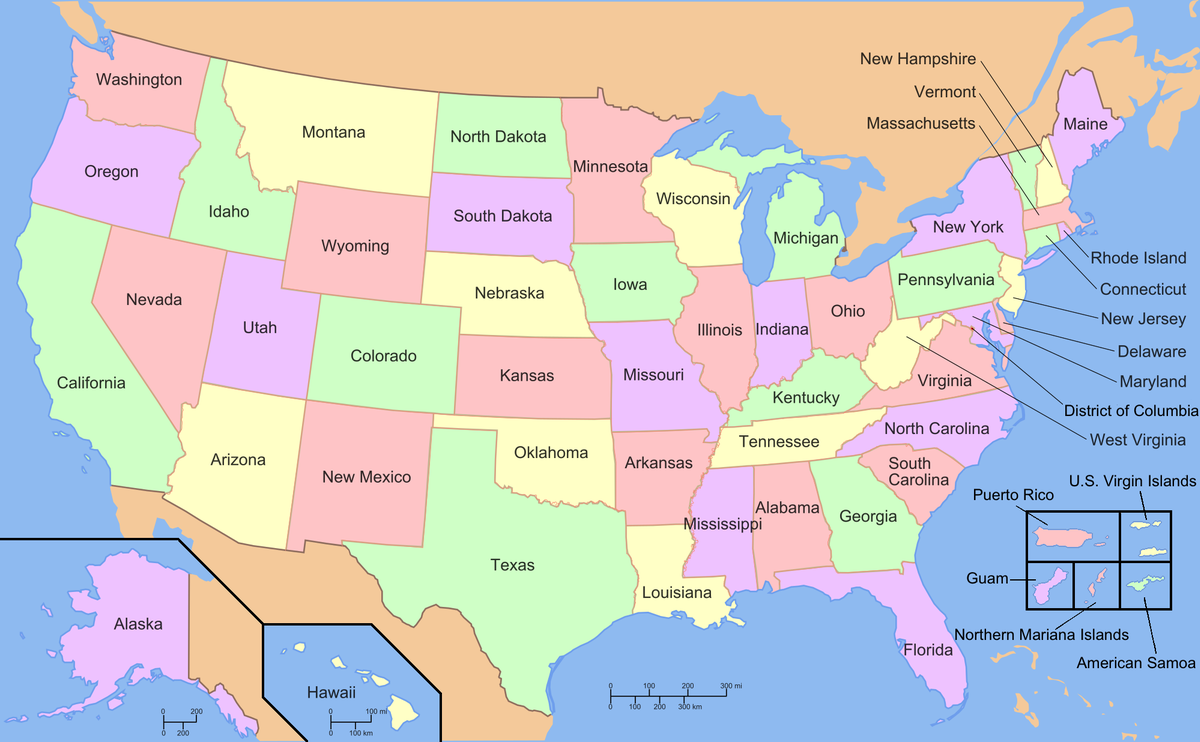Strengthening Public Health Emergency Response in West Africa
A group of 17 public health emergency operations center staff members from seven West African countries have successfully completed a two-week training program. This initiative, aimed at improving their skills in managing public health emergencies, was organized by the United States Centers for Disease Control and Prevention (U.S. CDC) in partnership with the Nigeria Centre for Disease Control and Prevention (NCDC). The program focused on equipping participants with the knowledge and expertise required to operate incident management systems effectively during outbreak preparedness and response efforts.
The participating countries include Nigeria, Benin, Ghana, Sierra Leone, The Gambia, Liberia, and Mali. The U.S. Embassy in Abuja highlighted that this training has significantly enhanced the region’s ability to prepare for and respond to epidemics and pandemics. According to the embassy, the program is a critical step in strengthening regional public health infrastructure and ensuring better outcomes during health crises.
“This training has better equipped the region to prepare for and respond to epidemics and pandemics,” the U.S. Embassy stated, emphasizing the importance of such initiatives in safeguarding public health.
The training is part of the broader U.S. Government’s support for global health security. It provides emergency operations staff and public health experts with specialized training in public health emergency management, operations, and critical preparedness and response skills. This effort aligns with the U.S. commitment to enhancing global health security and supporting partner nations in building resilient health systems.
Asmau Aminu-Alhaji, Acting Program Director of the U.S. CDC Division of Global Health Protection, commended the graduates for their dedication to public health, both locally and regionally. She stressed the importance of collaboration and communication across borders in managing public health emergencies. “We are committed to working with all stakeholders to control the spread of diseases and reduce the number of cases and deaths,” she said, highlighting the significance of public health collaboration.
The Public Health Emergency Management Professional Certification Program is designed to provide emergency operations staff and public health experts with the necessary skills to effectively manage public health emergencies. Through this program, West Africa is taking a significant step towards strengthening its public health emergency response capabilities.
Key Outcomes of the Training
- Enhanced Skills: Participants gained practical knowledge in incident management systems, outbreak preparedness, and response strategies.
- Regional Collaboration: The program fostered stronger ties between health agencies across West Africa, promoting a unified approach to public health challenges.
- Capacity Building: By focusing on emergency operations, the training helped build a more resilient public health workforce capable of responding to future crises.
- Global Health Security: The initiative supports the U.S. Government’s broader goals of improving global health security through capacity development and technical assistance.
This training underscores the importance of investing in public health infrastructure and education as a means of preventing and mitigating the impact of health emergencies. With continued support and collaboration, West African nations can further strengthen their ability to protect their populations from infectious disease outbreaks and other public health threats.






